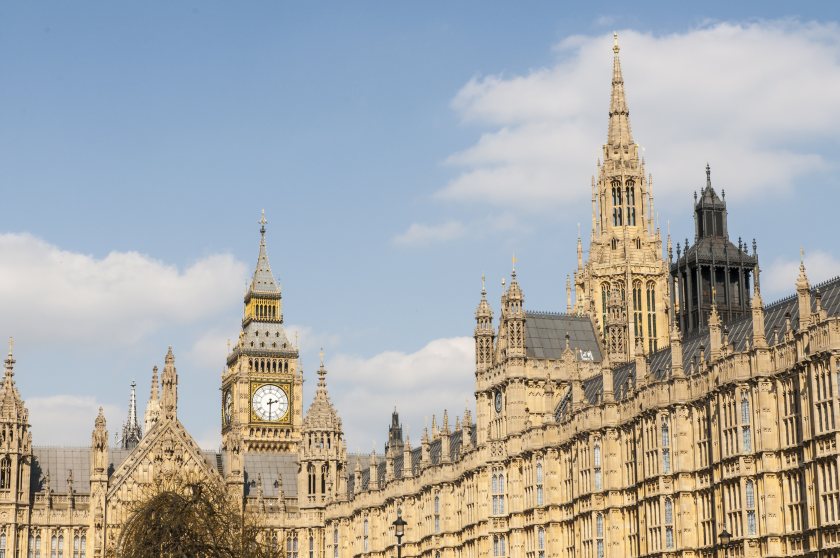
A rare show of cross-party unity saw MPs confront the chancellor in the Commons over the so-called ‘family farm tax’, demanding urgent action to protect rural livelihoods.
During Treasury Questions on 4 November, members from all major parties urged Chancellor Rachel Reeves and Exchequer Secretary Dan Tomlinson to reconsider plans to change agricultural property relief (APR) and business property relief (BPR).
Seven MPs raised concerns about the proposed reforms, echoing warnings from the NFU that the government’s approach could force families to sell land or break up long-established holdings.
At the heart of the row are changes to APR and business property relief BPR, long-standing tax exemptions that allow family farms and businesses to be passed on without crippling inheritance tax bills.
Under government plans, from April 2026 the first £1 million of qualifying assets would still receive 100% relief, but anything above that threshold would only get 50%. Farmers say the reform risks forcing families to sell land or split estates to pay the tax.
Ahead of the debate, the NFU briefed MPs on research from the Centre for the Analysis of Taxation (CenTax), which proposes a minimum share rule to distinguish genuine farmers from investors who include farmland in their wider portfolios.
According to CenTax, this alternative would raise 71% more revenue than the government’s current approach while protecting active farmers and smaller estates.
Labour’s David Smith, MP for North Northumberland, said that “those with the broadest shoulders should bear the greatest burden”, not cash-poor family farms.
He argued that the CenTax proposal would safeguard farms valued under £5 million with at least 60% agricultural assets, reducing the risk of break-ups.
His colleague Maya Ellis, Labour MP for Ribble Valley, told ministers that her party should be “supporting hardworking farmers who are the backbone of this country over millionaire homeowners who have money in their wider estates to pay the inheritance tax.”
Focusing on growth and rural stability, Terry Jermy, Labour MP for South West Norfolk, described family farms as “the very core of a rural economy” and pressed the government on whether it had assessed how the proposed changes could affect “growth opportunities in rural areas and the viability of rural communities.”
Opposition MPs from all sides voiced support for the farming community. James Wild, the Conservative MP for North West Norfolk and Shadow Exchequer Secretary, urged the chancellor to engage directly with those affected, asking whether she had met farmers to discuss the impact.
The Liberal Democrats were united in their criticism, focusing on the emotional and mental strain faced by farm families.
Ben Maguire, Liberal Democrat MP for North Cornwall, said “the mental health toll on farmers is becoming completely unsustainable” and called on the chancellor to “rethink this damaging policy.”
He argued that adopting the CenTax model would both protect working farms and boost public revenue.
Sarah Dyke, Liberal Democrat MP for Glastonbury and Somerton, called for an end to “months of confusion and misery” caused by uncertainty around the tax, while Daisy Cooper, the party’s Treasury spokesperson, spoke of meeting “desperate” farmers in Brecon and Radnor during a recent NFU visit.
She said older farmers had been left in “an impossible position”, with too little time to plan succession or adapt to the new system.
Responding for the government, Exchequer Secretary Dan Tomlinson thanked MPs for their contributions but defended the Treasury’s position, insisting that “the policy position set out at last year’s Budget is the right one.”
He argued that more estates would pay inheritance tax under the CenTax proposal, a point disputed by several MPs, who said estates with less than 60% agricultural assets were unlikely to be working farms.
The NFU has made inheritance tax reform one of its key lobbying priorities, holding hundreds of meetings with ministers, MPs, and farmers over the past year.
NFU representatives say the government’s plan risks punishing those running genuine agricultural businesses while rewarding passive investors.
Ahead of the autumn budget on 26 November, the union is urging farmers to contact their MPs to explain how the changes would affect them.
